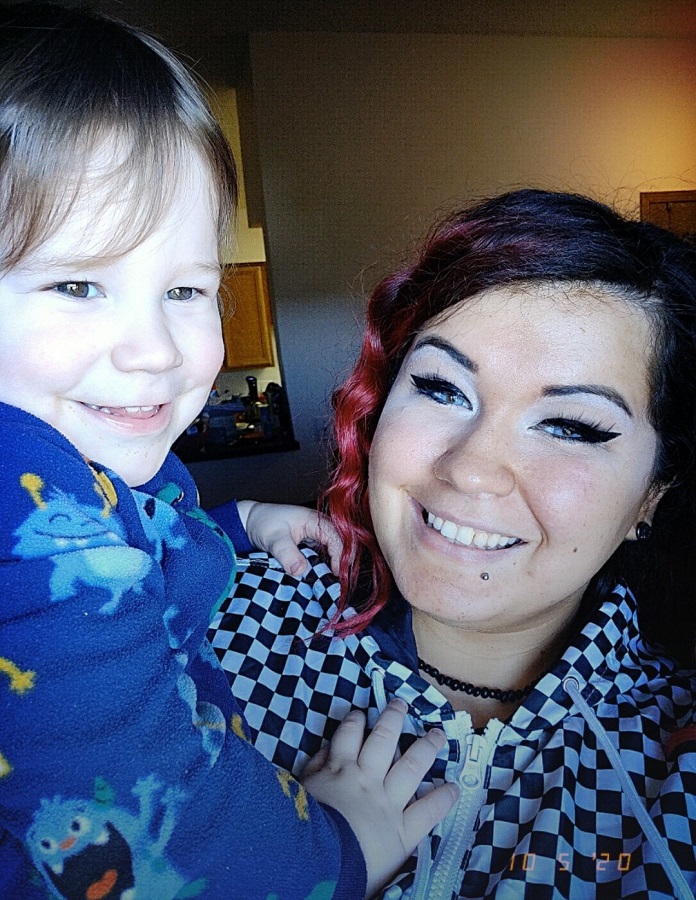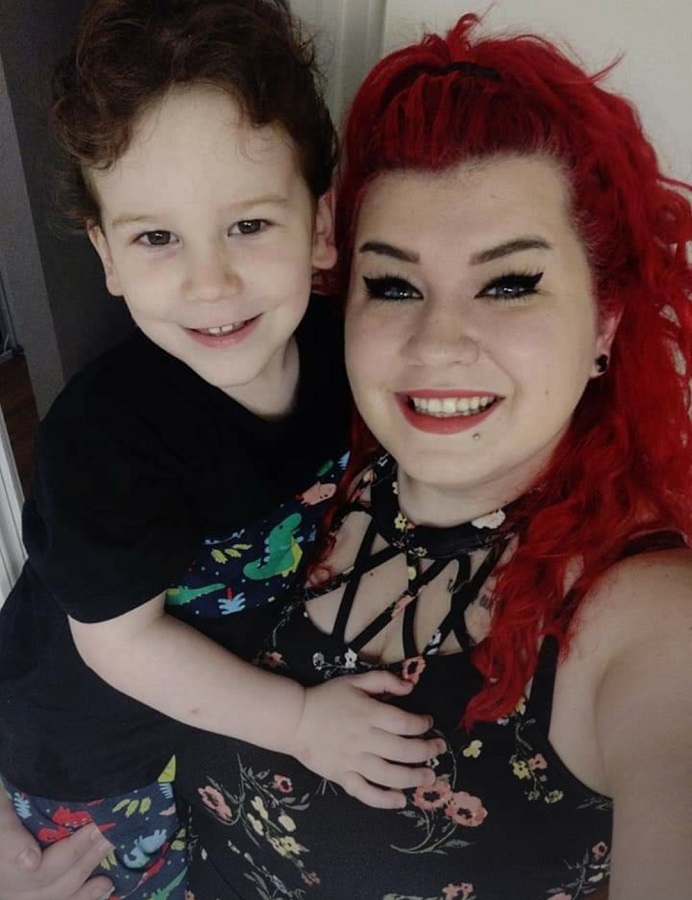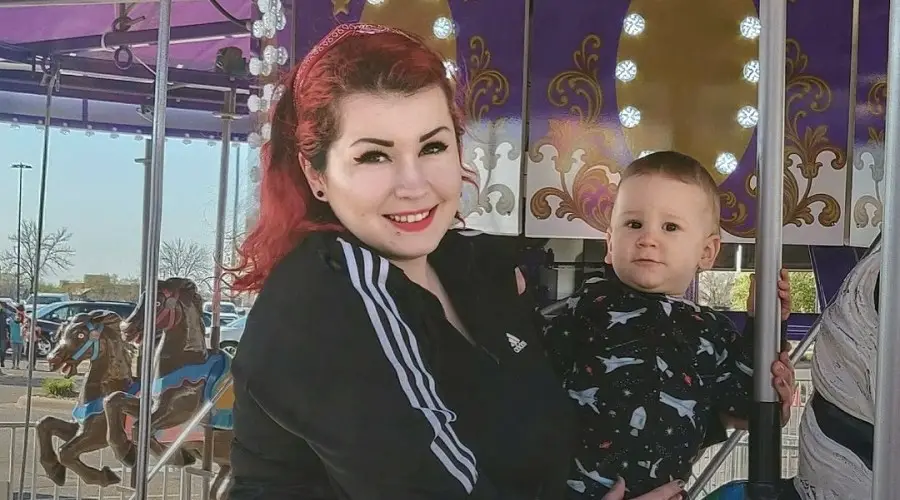1. You made the switch to Croatia. Tell us a little about the decision process and how long it took for you to get on the plane.
I lived in the United States, and I decided to make a switch to Croatia due to my family being there. I thought I was going to have better care for my autistic kiddo. I got on the plane as soon as possible; it didn’t take long for me to make the switch.
2. What did your family and community back home think of your decision at the time?
My family did not agree with me switching because they thought I have bigger and better opportunities in the US. They were painfully aware of the downsides of Croatia, so they thought that it wasn’t a good idea.
3. Where did you get your information about the realities of Croatia prior to coming?
I used to live in Croatia back in the day, so I haven’t really researched much about it, I based my decision on my previous experiences with Croatia.

4. What were you most nervous about making the switch? What was your biggest fear, and what was the reality of what you found?
My biggest concern was if the things are the same as I left them back then. The Health System was worrying me, and I was wondering if my son is going to have adequate care in that sort of system. I was fearing him just being a number and not an actual person with difficulties, and unfortunately, my fears were justified.
5. Think back to the time before you arrived. What were your perceptions about Croatia, and how were they different from the reality you encountered?
I think I was seeing Croatia through rose-tinted sunglasses. Everything was perfect, and I thought we were gonna figure out things as we go. Unfortunately, we encountered many roadblocks, healthcare-wise, on our path.
6. You are still here, so obviously, the pros outweigh the cons. Tell us about some of the things that you love about being in Croatia, as well as some of the things you don’t like.
What I love about Croatia is the people. Laid back, relaxed way of life. No one is in a major hurry; people are super polite and willing to help in any way they can.
What I don’t like is the tough economic climate, cost of living ( if you have a Croatian paycheck anyway), and the bureaucracy (everything takes weeks, if not months, to get done). Finding a job is tough, and even if you manage to find one, the paycheck is relatively low compared to other European countries.

7. What advice do you have for others thinking about making a move from the diaspora?
My advice to others is to think long and hard about making the switch. Weigh the pros and cons heavily before making the big move. Especially pay attention to the financial costs of everything in Croatia, and if you’re going to be able to make it. Check job opportunities as well because you might find yourself in a position where there are no openings at all for your specific profession.
8. How do you think Croatia can better assist those who are looking to return to the Homeland?
Croatia can better assist those looking to return by fixing bureaucracy, reducing the wait on visas, opening more jobs, and providing more opportunities, especially for younger people looking to move.
In the end, I decided to move back to the United States. Unfortunately, as mentioned, I have an autistic son. The Healthcare system in Croatia is mostly free, yes, but waiting lists for everything are so long that you are forced to seek private clinics and doctors, even if your case requires urgent attention.
Therefore, healthcare cost in the end (for me) is more expensive than in the US. Including all the therapies and everything, the monthly cost of taking care of my son’s needs is around 1000 euros, which is impossible to cover with a Croatian paycheck. People with special needs are not integrated into society as they should be, and that is something Croatia needs to work on majorly. Also worth mentioning, there are not a lot of kindergartens that are working with kids with special needs, and even if there are, prepare to wait for a really long time before you actually get a spot in one. Also worth mentioning, as a healthcare worker, paychecks are much higher in the US, which ultimately forced me to make my final decision to move back. Croatian health care workers are criminally underpaid, work crazy hours, and mostly there is not much space to get promoted or get forward in their field (they often do not offer any classes or schooling like in the US to actually help you forward with your career). I would also like to point out that I’m not talking in an ill matter or bashing Croatia in any shape or form. I love Croatia with all of my heart, and it’s my home country, after all. I’m just pointing out ways in which Croatia could improve for its existing and future citizens.
Unfortunately, my son and I are not going to be a part of them, at least not in the near future. If things improve one day, we would be more than happy to go back home.
****
Thanks, Klaudija!
You can follow more stories in the Croatian Returnee Reflections series in our dedicated TCN section.
Would you like your returnee story – positive or negative – to be featured in this series? Contact paul@total-croatia-news.com Subject Returnee.
****
What is it like to live in Croatia? An expat for 20 years, you can follow my series, 20 Ways Croatia Changed Me in 20 Years, starting at the beginning – Business and Dalmatia.
Follow Paul Bradbury on LinkedIn.
Croatia, a Survival Kit for Foreigners will be out by Christmas. If you would like to reserve a copy, email paul@total-croatia-news.com Subject 20 Years Book












